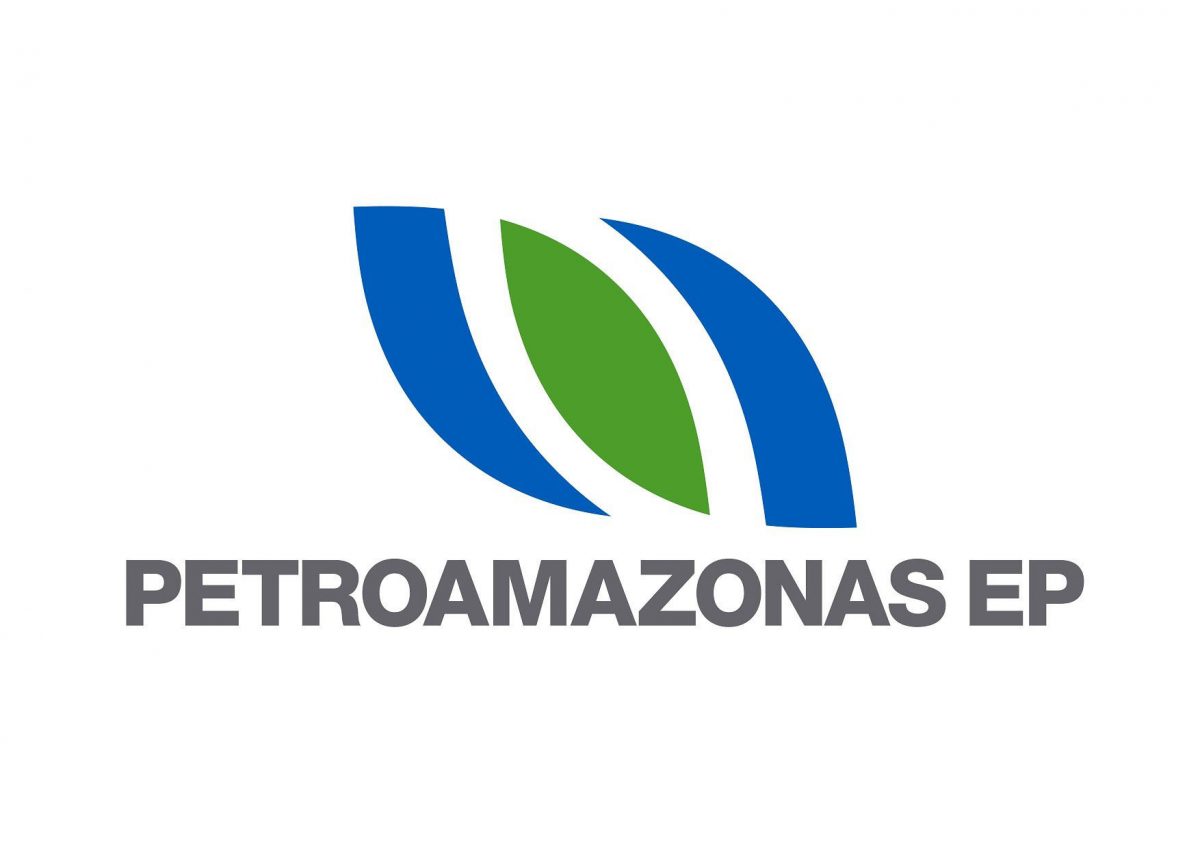The government of the South American nation of Ecuador is reportedly facing a robust pushback from indigenous groups to plans to press its oil industry into service to boost its economy by attracting foreign oil investors to the country.
Reports from the sector indicate that the government in Quito is facing “heavy resistance” from indigenous groups which it says had been given impetus by an upheaval arising out of government’s refusal to pull back a fuel price increase linked to austerity demands associated with a US$4.2 billion International Monetary Fund (IMF) loan.
While the substantive reason for the protest is linked to the fuel price increase, analysts say that the deeper motive reposes in a new push by indigenous groups against the government’s plan to allow for billions of dollars in investment in exploration that will penetrate deep in the Amazon region.
Reports from the international oil industry say that Ecuador’s oil outlook had been improving and the government had seemingly ditched more than ten years of “oil nationalism” in favour of business-friendly contracts that have attracted big players in the global oil industry into the country. Last month Ecuador announced that it was quitting the Organization of Petroleum Exporting Countries (OPEC) in January next year to avoid having to live within the production limits set by the cartel. However, ongoing domestic protests have reportedly cost the country’s oil operations an estimated US$130 million in lost revenue and repair costs to damaged infrastructure and undermined plans to increase production, going forward.
The impasse has reportedly pushed the government to talks with the representatives of the indigenous groups, a development that has placed the planned auction of oil blocks in the north of the country on hold. Moreover, in the immediate term, government’s plans to open up more of the Amazon to drilling would appear to be even more unlikely.
Vigorous protests have reportedly wreaked considerably damage to vital infrastructure including 101 wells spread across 20 fields. All of the twenty-four operating rigs were reportedly forced to cease work, according to the state-run oil company Petroamazonas.
Assessments of the situation point to a halt in foreign investment in the country’s oil industry unless and until talks between the government and the indigenous Indians bear meaningful fruit.
Reports from Ecuador indicate that while indigenous leaders and their communities have benefitted from some level of infrastructure including health, educational and recreational facilities, they are demanding more involved consultations on oil industry-related matters.










